Welcome back to the final blog in our series! If you missed the last post, make sure to give it a read.
One of the best parts about life insurance is that benefits are not taxable to the beneficiaries. The one exception to this is called the unholy trinity, where the owner, insured, and beneficiary are three different parties.
Today we are going over how insurance, estates and taxes intersect, and what it could mean for you.
Insurance and Your Estate
Life insurance is unique in that it creates an immediate, liquid estate for the beneficiaries. This is one of the most obvious but overlooked benefits of life insurance.
With life insurance providing a known dollar amount benefit at the end of life, this can be a tool that provides freedom. This freedom comes when you are looking to pass on a certain amount of wealth to the next generation. You can use the remainder of your assets during life without worrying about the beneficiaries. This removes the worry of leaving a legacy. Life insurance also provides leverage. The amount of money needed to purchase a certain death benefit is always less than the death benefit.
As life insurance proceeds are immediately liquid, they can pay for various expenses and possible estate taxes (for very large estates) at death. Typically, when dealing with very large estates, liquidity is an issue. The estate’s net worth is often tied up in a business venture, real estate or other assets that are difficult to sell quickly. Having immediate access to a lump-sum of tax-free money can preserve those assets.
What About Tax Optimization?
Along with estate creation, life insurance can be used as a tax-optimization tool. This works especially well in connection with pre-tax retirement accounts. Here is how it works if you have a charitable-inclination:
The issue with pre-tax accounts is that someone must pay the taxes at some point. The exception to this is gifting money to a tax-exempt entity. However, if you gift the money, then your heirs get left without. Here’s where life insurance enters in!
The strategy is to purchase an amount of life insurance roughly equal to the expected amount of pre-tax assets that you would like to pass on to your heirs. You then assign your heirs as the beneficiaries of the life insurance. After that, you designate your chosen charity as the beneficiary of your pre-tax money. Finally, upon your death, all the pre-tax money goes to the charity tax-free and your heirs get the life insurance proceeds tax-free. Uncle Sam is cut out completely. Furthermore, your gross estate is larger than it would be without the insurance.
If you are not someone who has a charitable-inclination, life insurance can still be used to pay the taxes due on the pre-tax accounts. While this does not save anything in taxes, it does create a larger after-tax pool of money for your heirs.
Insurance and Estates and Taxes, No Problem!
While life insurance can have a somewhat adversarial feel in most of our minds–I’ve had a client tell me they thought they “were done with the insurance devil”– it can be an amazing estate and tax-planning vehicle if used correctly. The key is to know what vehicle suits your situation best. If you’re looking to transport a football team, you’d better show up with a bus, not a Ferrari. The same things applies with insurance and investment accounts–-they all have their uses.
If you have read all four parts of this series on life insurance, you will likely have come away with a new appreciation for how versatile a planning tool it can be, and also a glimpse into the the available options.
If you have questions on how to utilize these tools in your financial situation, let’s start a conversation!

